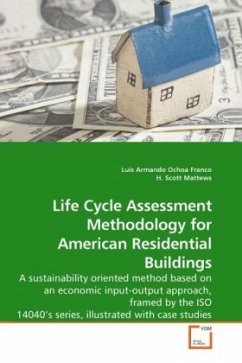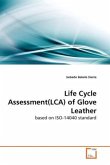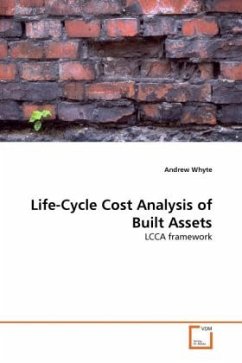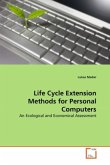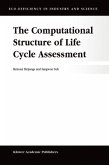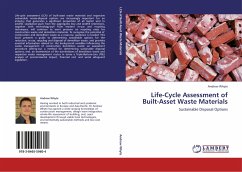In the Obama Era the good or bad science concept is vanishing. Now, it is pretty evident that our environment is being seriously deteriorated by human activity, and that we need to make as much as possible to preserve our planetary home. In this context, this work proposes a model to conduct the life cycle assessment of a U.S. residential building, from a construction materials and energy consumption standpoint. It illustrates three case studies in different U.S. Cities (Pittsburgh, San Antonio, and Ann Arbor). Direct and indirect environmental effects among the different economic sectors were assessed along the housing life throughout the on-line system economic input-output life cycle assessment (Carnegie Mellon). Construction characterization was done using an off-the-shelf tool (RSMeans). The on-line energy consumption estimator system Home Energy Saver (DOE & EPA) was used to estimate the home energy consumption along its usage stage. On the whole, it was intended to frame the study on the general principles of the ISO 14040 s series. The work aims to be a useful reference for concerned stakeholders in politics, academia, entrepreneurial and so.
Bitte wählen Sie Ihr Anliegen aus.
Rechnungen
Retourenschein anfordern
Bestellstatus
Storno

